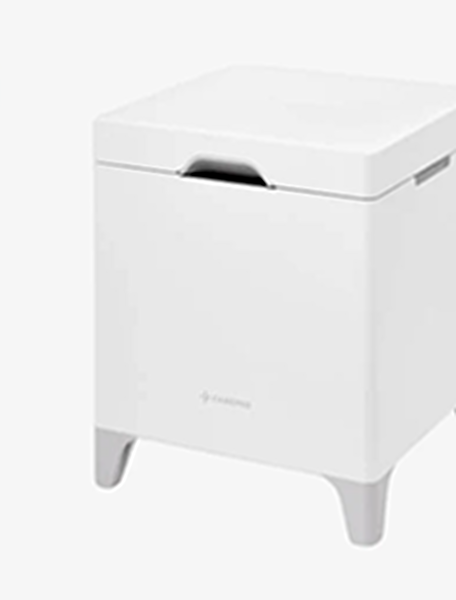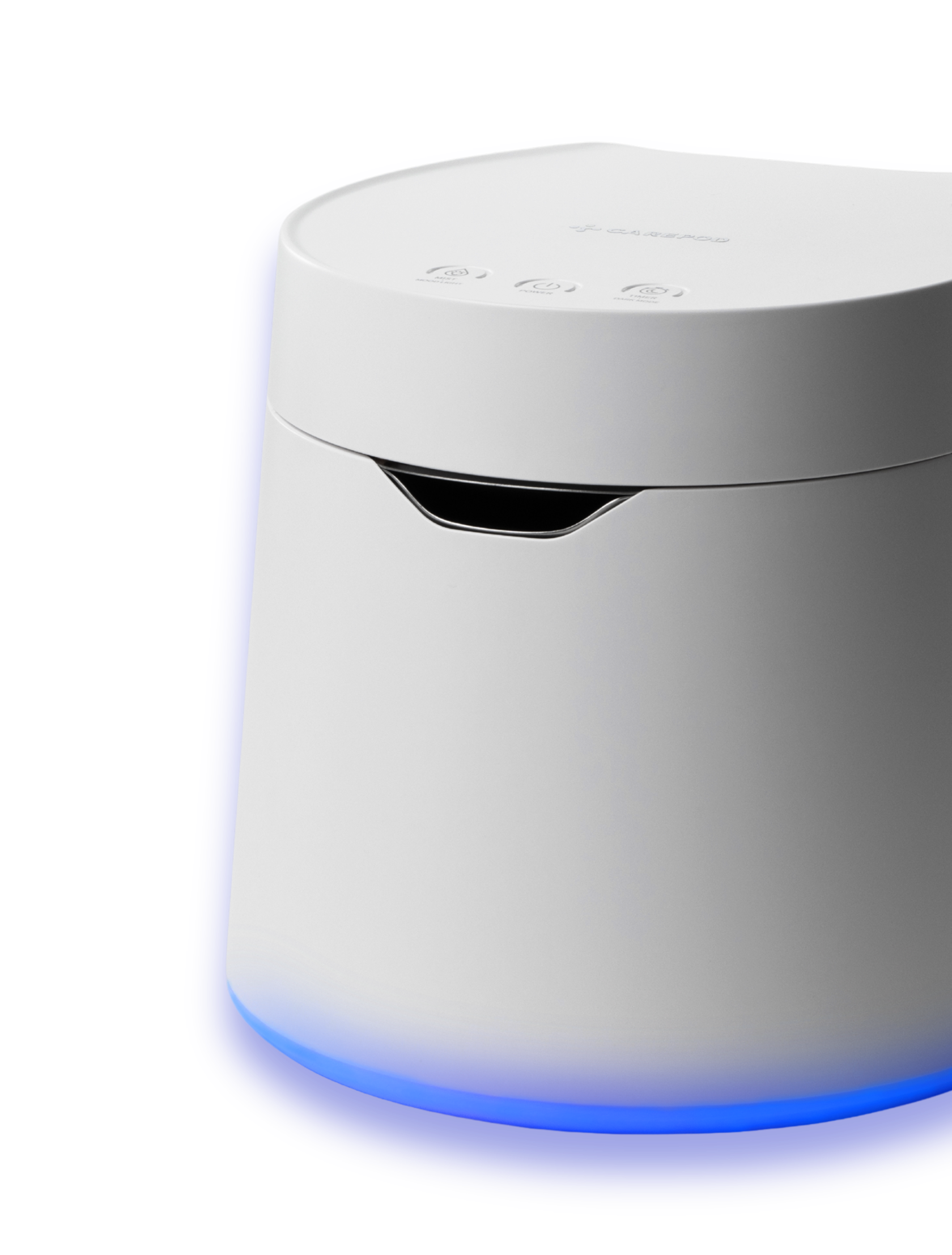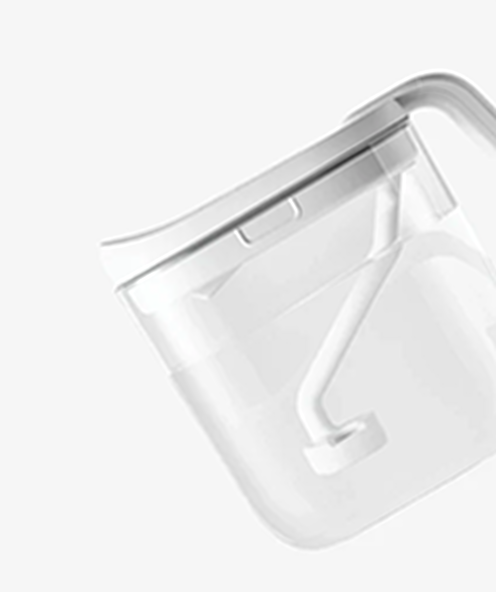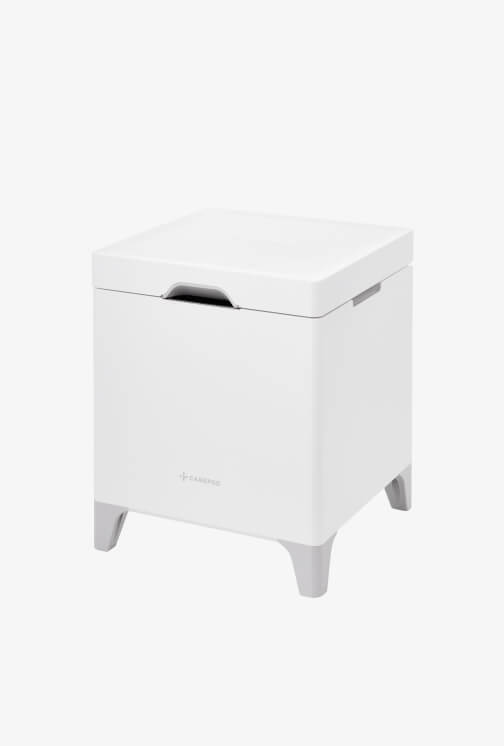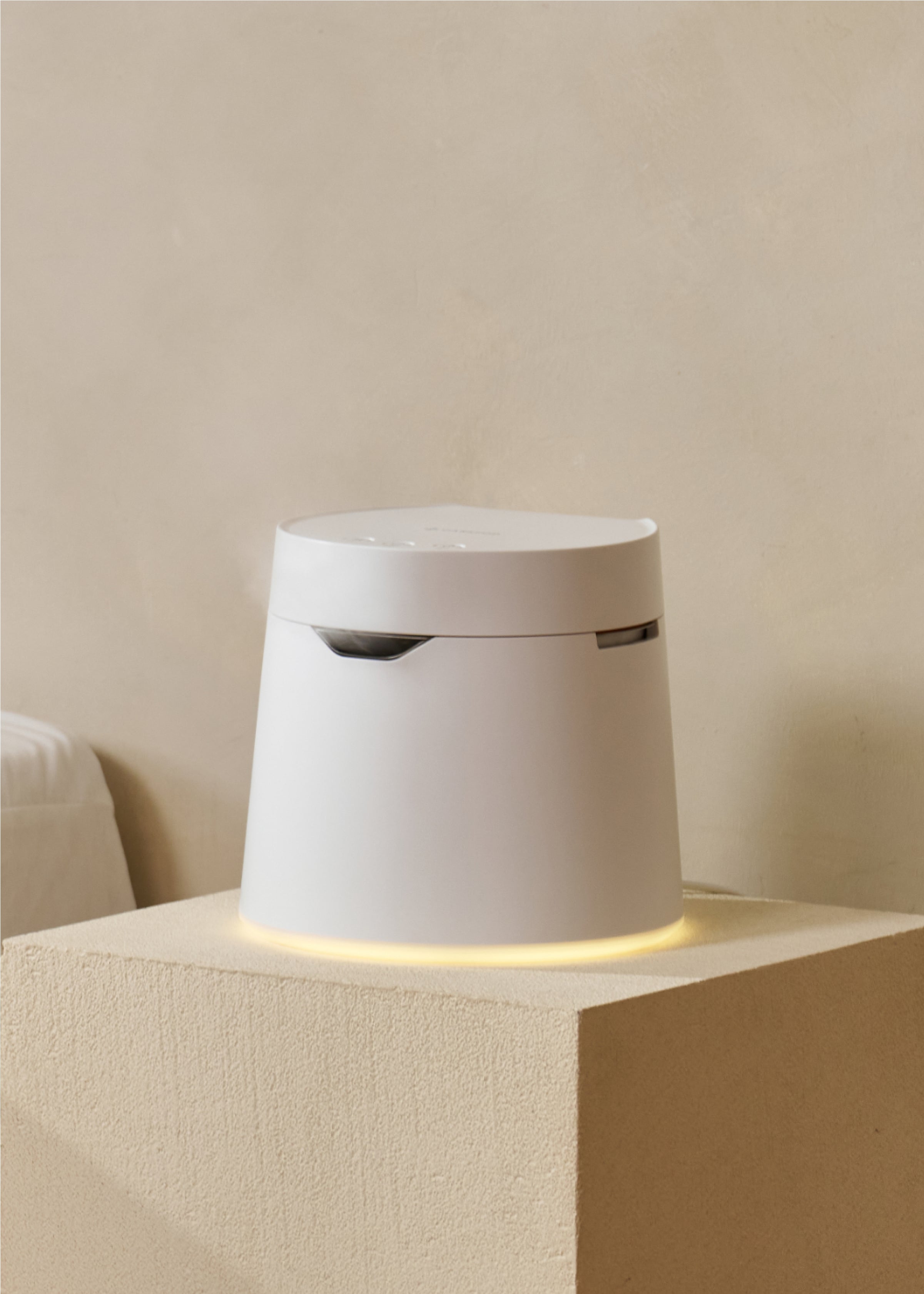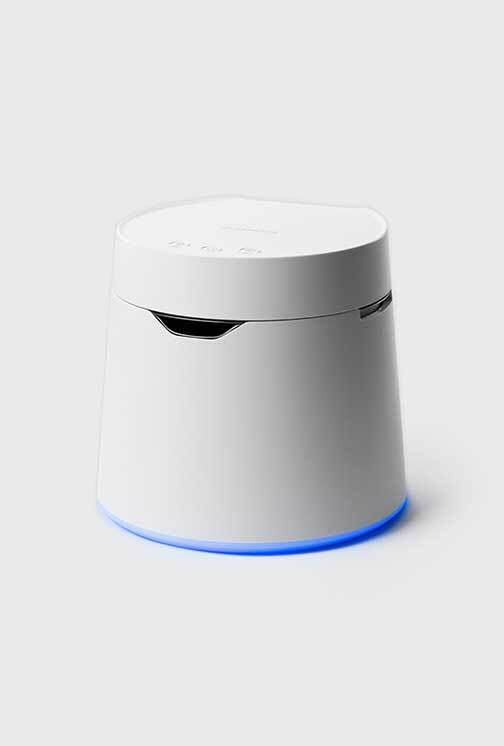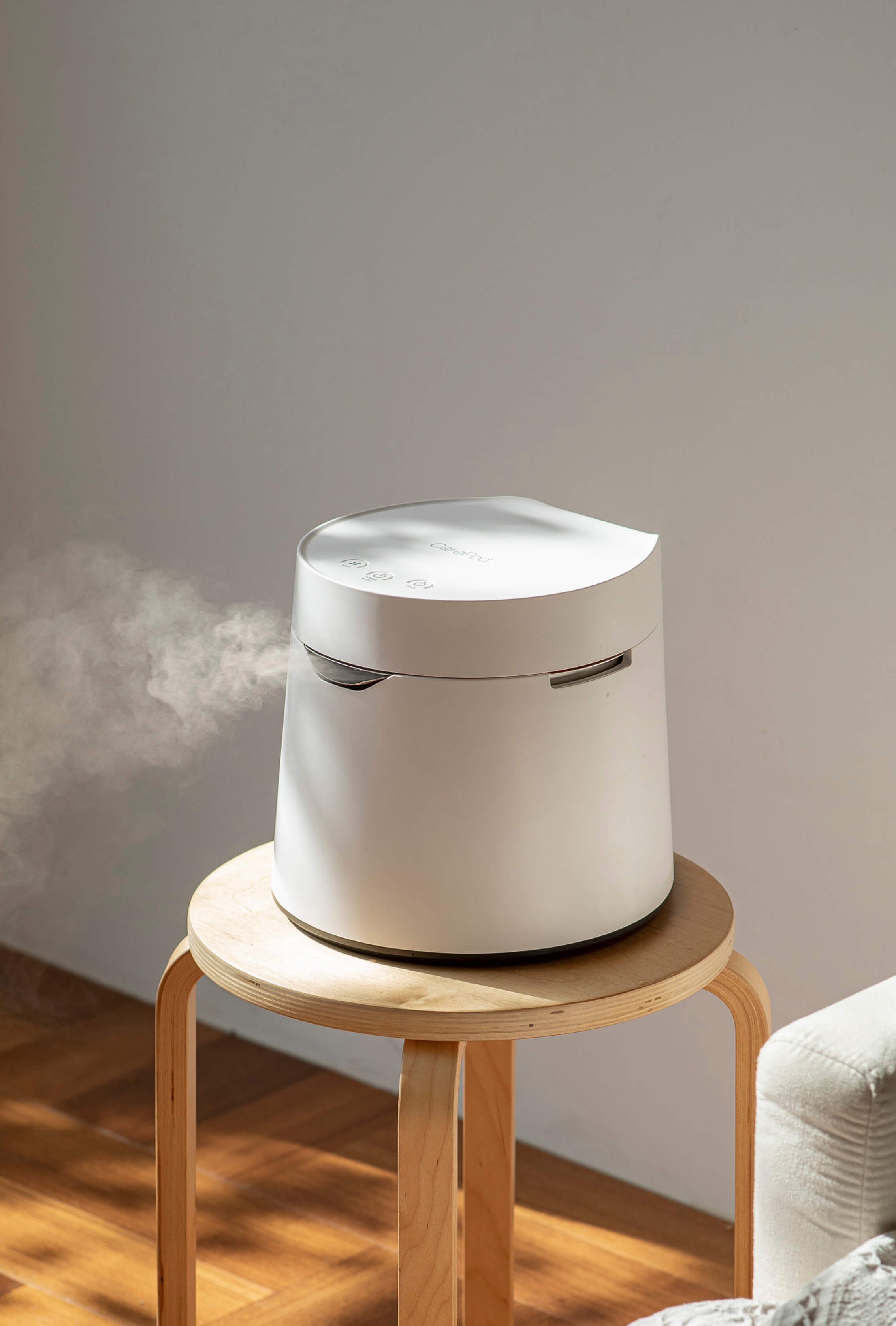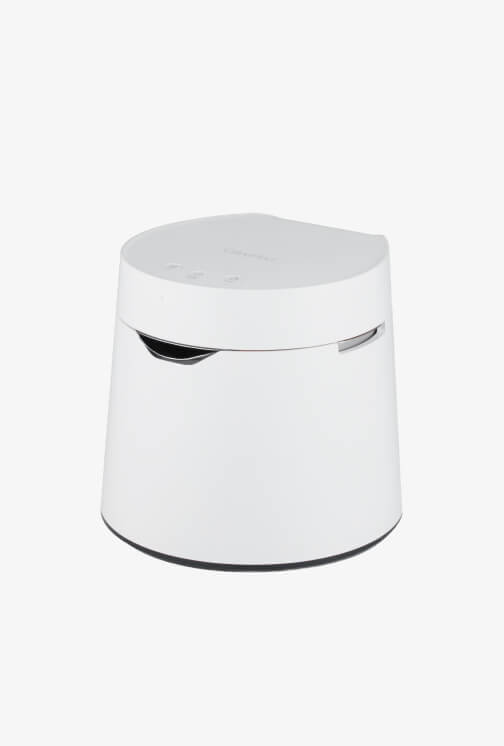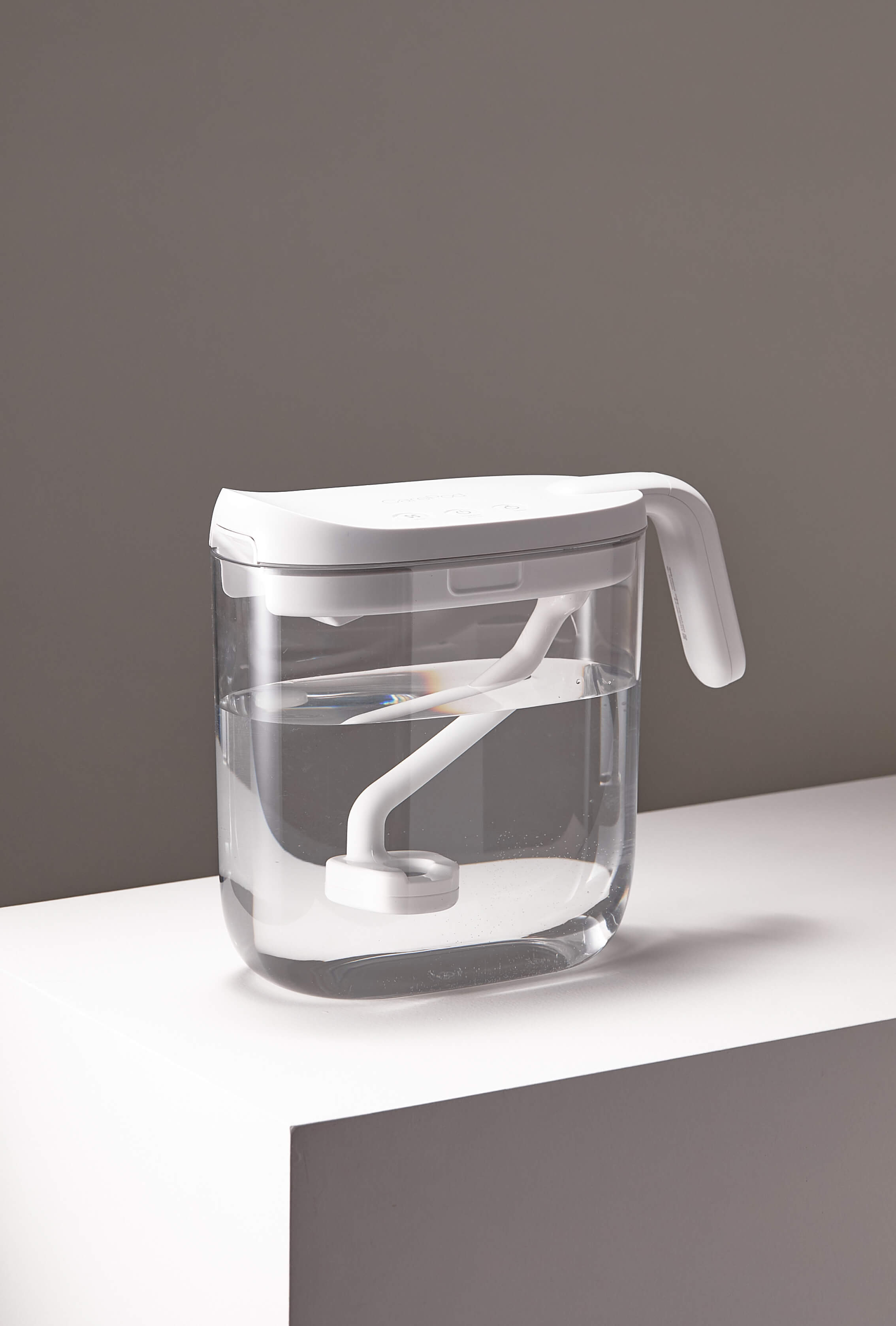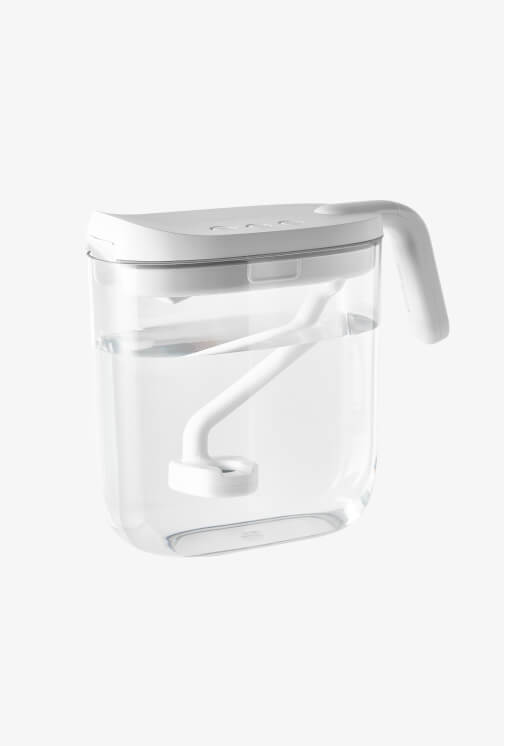8 Ways to Conquer Springtime Allergies

As the flowers start to bloom and the sun begins to shine brighter, many of us look forward to the joys of spring.
However, the springtime also brings its share of challenges — most notably, seasonal allergies.
Every spring, millions of people suffer from allergic rhinitis (hay fever), commonly caused by pollen or other particles in the air. Sneezing, itchy eyes, and congestion can quickly dampen your health (and your mood) during this time of year. But it doesn't have to be that way.
Let's explore eight simple strategies to fight off spring allergies and enjoy the season to its fullest.
Tip #1. Monitor Outdoor Pollen Levels
Many weather websites and smartphone apps offer daily pollen forecasts based on local data collected by pollen monitoring stations.
These forecasts typically provide information about the types of pollen present (such as tree, grass, or weed pollen) as well as the predicted pollen levels for the day.
It's ideal to pay attention to these forecasts, especially during peak pollen seasons, which can vary depending on your geographic location and the types of plants most common in your area.
On days when pollen levels are forecasted to be high, try to make slight adjustments to your outdoor activities. If possible, try to schedule outdoor activities for times when pollen levels are lower, such as early morning or late evening.
Tip #2. Keep Your Pets (and Yourself!) Clean
When pets spend time outdoors, their fur collects pollen, dirt, and other kinds of irritants that they eventually bring into the house. Regular grooming and occasional baths for your furry friends can significantly minimize allergen buildup in your living space. Some stores even offer wipes that are specifically designed for cleaning pets after outdoor play.
If possible, it’s also best to keep your pets out of your bedroom (and obviously, your bed itself).
Practicing good personal hygiene is another essential for fighting springtime allergies. Remember to wash your hands to prevent particles from spreading to your face. Taking regular showers and changing after outdoor activities can also help prevent allergens from clinging to your skin and clothing.
By incorporating these practices into your daily routine, you’ll not only reduce exposure to potential allergens, but also boost your overall health and immune function.
Tip #3. Create an Allergy-Safe Living Space
There are a number of simple, yet effective strategies you can take to ensure that your home is as allergy-free as possible.
It might be a beautiful day out, but try to keep the windows closed to prevent airborne pollen from entering indoors.
Be sure to vacuum the floor and dust off any countertops or surfaces to prevent particles from collecting over time. Eliminating carpets, rugs, and other fabric-based furnishing can also help create a more allergy-free environment, as these materials tend to trap allergy particles.
For added protection, you can even invest in allergen-proof pillows and mattress covers to minimize exposure to allergens during the nighttime, ensuring a restful night's sleep free from allergy-induced discomfort.
Tip #4. Eat Plenty of Fruits And Vegetables
Having a healthy, balanced diet isn't just great for your year-round well-being: it can also help you combat springtime allergies.
Certain foods that are rich in nutrients and antioxidants can help to reduce inflammation and strengthen your immune system, making your body better equipped to fight off allergens. Here are some examples, according to WebMD:
Onions, peppers, berries contain quercetin, a naturally-occurring plant chemical that may reduce histamine reactions triggered by seasonal allergies.
Kiwi is another superfood that is loaded with Vitamin C for immune support and also has histamine-reducing properties.
Fish such as tuna and salmon, which contain Omega-3 fatty acids, aids in reducing general inflammation and may even specifically help with allergies. A study from Japan actually found that women who ate more fish had lower levels of hay fever.
Probiotics are also known for promoting allergy relief, as a studies have shown that they "may be beneficial in improving symptoms and quality of life in patients with allergic rhinitis." Some common foods that are naturally rich in probiotics include yogurt, miso soup, and cottage cheese.
Tip #5. Drink Plenty of Water Throughout the Day
Staying hydrated is a simple yet powerful strategy for managing allergy symptoms and improving your overall health.
When your body receives adequate hydration, it can more effectively work to flush out toxins from your system, reducing the severity of your allergic reactions.
Additionally, drinking water is essential for maintaining the moisture of the mucous membranes in your throat and nose. These membranes serve as your body's first line defense against respiratory irritants and pathogens. By keeping this protective barrier healthy and hydrated, it becomes more difficult for unwanted allergy particles to enter your respiratory system and trigger symptoms like coughing and congestion.
So during allergy season, aim to drink plenty of water throughout the day.
Tip #6. Try Other Natural Remedies
Along with honey, there are a number of other natural remedies that can provide relief for allergy symptoms.
For instance, bromelain, a digestive enzyme found in fruits like pineapple and papaya, may help reduce swelling and improve breathing.
Ginger, renowned for its therapeutic properties, is an age-old herbal remedy that can reduce inflammation and ease allergy symptoms. You can easily infuse it into recipes or drinks such as hot tea.
Honey is also known as a powerful remedy, as it can help relieve a cough, sore throat, and other forms of respiratory irritation. Some theories even suggest that local honey, containing trace amounts of pollen from nearby plants, can even work as a natural form of immunotherapy.
You can also try essential oils like lavender, rosemary, and sandalwood, which may also help with allergy discomfort. Simply mix in a few drops in a bowl of steaming water and breathe in the refreshing steam to soothe your nasal passages. You can also try adding it into a diffuser or a humidifier that includes an essential oils feature.
Tip #7. Hydrate Your Air With a Humidifier
Incorporating a humidifier into your living space can also be a game-changer in the battle against springtime allergies.
"Breathing higher humidity air is one way to relieve the discomfort and symptoms of allergies," according to Healthline.
That's because allergic rhinitis triggers respiratory irritations, such as nasal congestion, coughing, and throat irritation. Dry air can make all of these symptoms worse.
However, adding moisture into your surroundings can improve the indoor air quality and provide quick relief for allergy-induced discomfort. The gentle mist from a humidifier soothes your airways, allowing you to breathe clearly and feel more comfortable. It also helps to moisten your nasal tissues, making it easier to blow out irritants and allergens stuck in your nasal cavities.
Finally, the water droplets emitted by a humidifier may even help to remove allergen particles suspended in the air, transforming your home into a more allergy-friendly place. So incorporating a humidifier into your living space not only helps to alleviate symptoms, but also creates a healthier and more comfortable indoor environment.
Tip #8. Consult An Allergist or Doctor
At the end of the day, knowing exactly what triggers your allergies will help you manage them more effectively.
While many people simply assume that they’re allergic to pollen in the springtime, there are actually various types of seasonal allergies caused by a number of different plants.
If you’re experiencing symptoms but not sure of what’s causing them, consider seeing a doctor for testing and treatment. They can help you identify specific allergens through blood tests or skin tests and provide other valuable insights.
With this knowledge, you can take more effective, proactive steps towards avoiding them or minimizing exposure. So if those allergy symptoms are interfering with your quality of life, don’t hesitate to seek out professional help.
